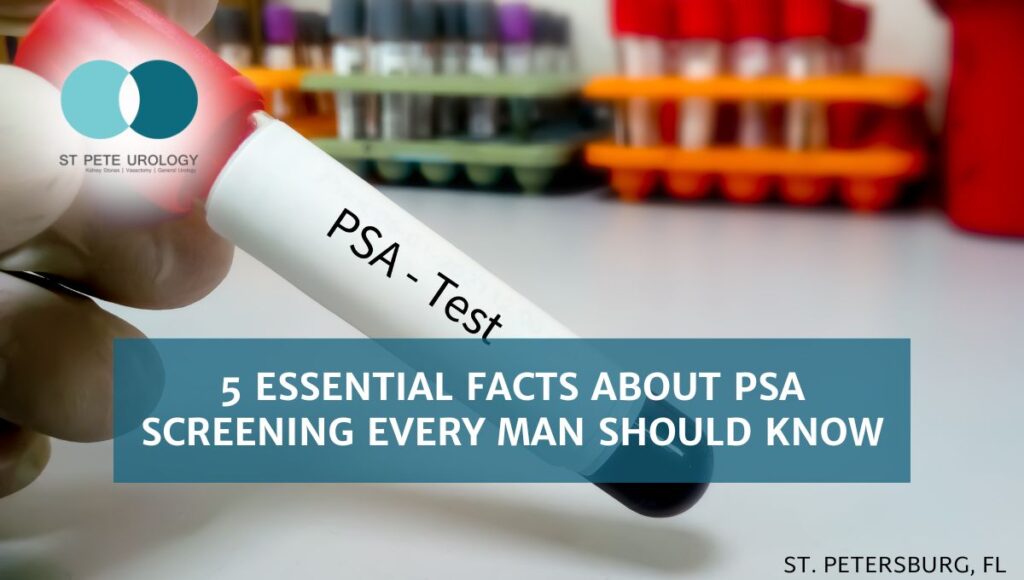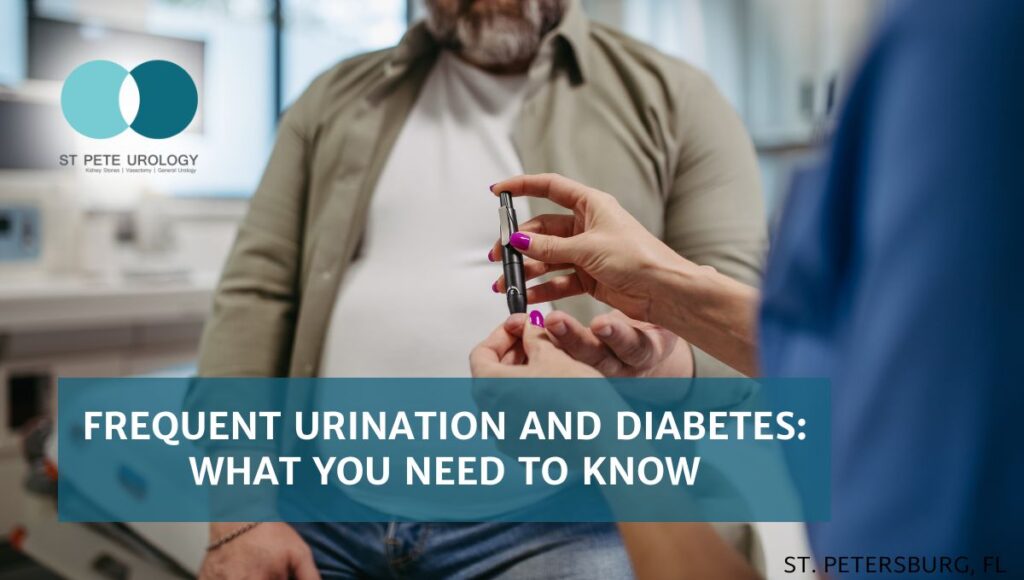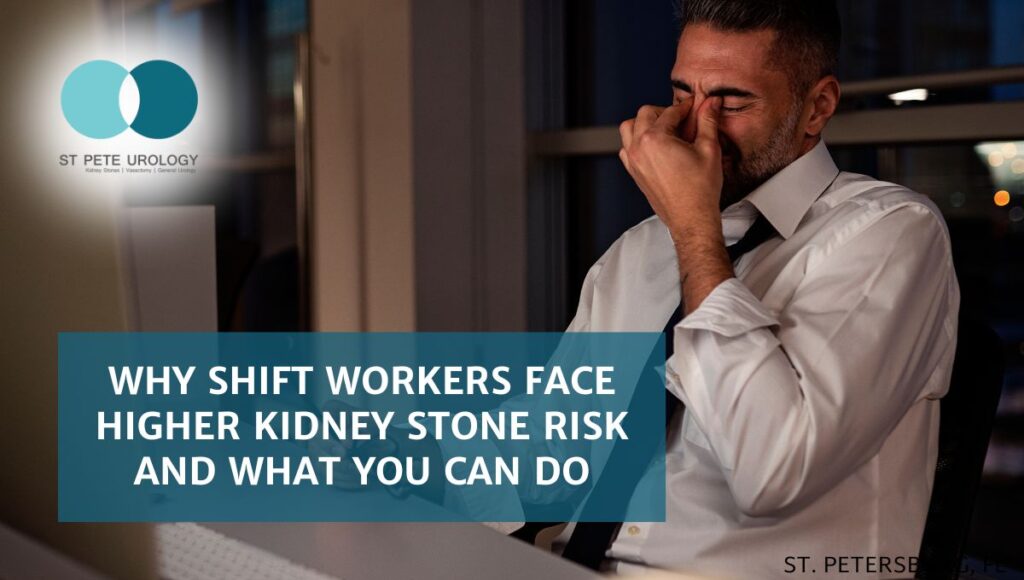Preventing kidney stone recurrence
For many people who have had a kidney stone, it is not a one-time thing. In fact, in about 50 percent of those who have had a stone, another one will appear within 7 years if no preventive measures are in place. At St Pete Urology, we ensure that our patients take the necessary steps to prevent a recurrence. That is why, after treatment, we conduct a special urine test on our patients to find out why the stone formed in the first place. Using the results of the test, we guide our patients on how best they can avoid a recurrence.
Some of the measures we recommend to avert kidney stone recurrence include:
1. Drinking enough water
Water dilutes urine, reduces the concentration of substances in it and prevents kidney stones. To prevent recurrent kidney stones, you should endeavor to drink enough fluid to pass at least 2 liters of urine per day. Increased fluid intake that is distributed throughout the day decreases kidney stone recurrence by about 50 percent and with virtually no adverse effects.
For better results, you may add orange juice or lemonade to the water so there is increased citrate in the fluid to block stone formation. Medication such as allopurinol, citrate or a thiazide diuretic can be taken with the fluid to minimize the chance of kidney stone recurrence. However, if you are already drinking that much fluid before your kidney stones, you should not increase your fluid intake.
2. Making dietary changes
Once you are treated for kidney stones, we will recommend that you reduce your intake of eggs, seafood, poultry, red meat and other animal protein. These foods increase uric acid levels while also reducing citrate levels in the body, which can trigger a recurrence of kidney stones. That is why after treatment for kidney stones, we recommend that you should cut down your daily meat portions to a size no larger than a pack of playing cards. Likewise, you should avoid foods such as chocolate, strawberries, wheat bran, beets, spinach, tea, rhubarb and most nuts that contain oxalate or the phosphate containing colas that may trigger kidney stone recurrence.
3. Increasing calcium intake
Oxalate levels may rise and trigger kidney stones if the level of calcium in the diet is low. So after treatment, it is important to ensure that you increase your calcium intake to match your age. For example, if you are a man 50 and older, you should get 1,000 milligrams of calcium every day, together with 800-1000 IU (international units) of vitamin-D to ensure your body absorbs the calcium properly. With increased dietary calcium, you can prevent a recurrence of kidney stones.
4. Reduced sodium intake
Kidney stones may recur if there is a lot of sodium in your diet because increased sodium leads to high concentration of calcium in urine. So after treatment for kidney stones, we usually recommend that you lower the amount of sodium in your diet, limiting your total daily sodium to 2,300 mg. But if sodium was responsible for your previous kidney stones, then we recommend that you should take at most 1,500 mg of sodium per day. Such a low level of sodium also will be good for your heart and your blood pressure.
Those are some of our most common recommendations for averting kidney stone recurrence. As you might have noticed, they are not complicated things to do, but they do require some commitment. For more information on prevention and treatment of kidney stones, visit the “St Pete Urology” site.





